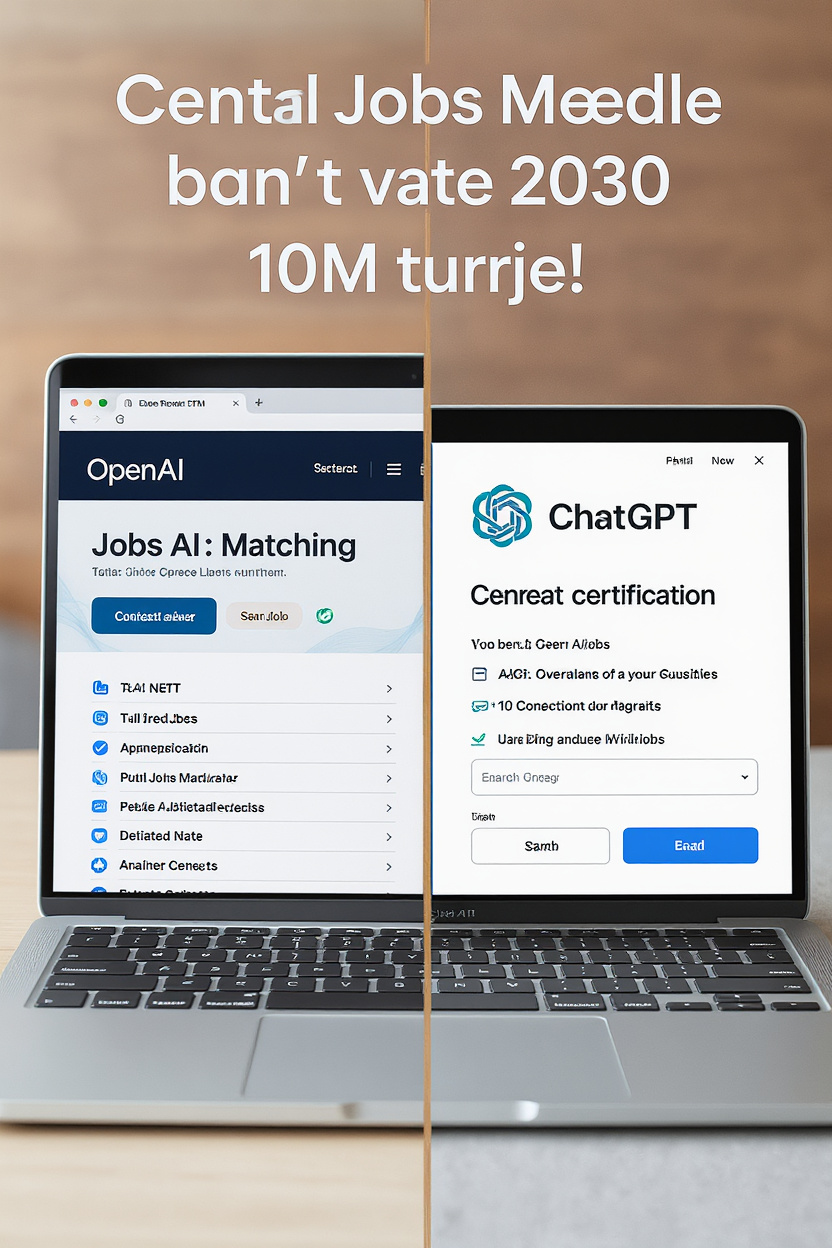SENTIENT TOASTERS REPLACING HUMAN SCAMMERS; EXPERTS SUGGEST FIGHTING FIRE WITH THEORETICAL MAGIC
In a world where your grandmother can be defrauded by a Nigerian prince, a Bitcoin enthusiast, AND a polite ChatGPT impersonator all before her morning prune juice, experts are now claiming fraud is “4,000 times easier” than when people had to put actual effort into their criminal enterprises.
REMEMBER WHEN CRIMINALS NEEDED ACTUAL SKILLS?
Frank Abagnale, the guy Leonardo DiCaprio played in that movie where he pretended to be a pilot to get laid, shocked absolutely no one at the SAS Innovate conference by announcing that crime is easier when computers do all the work.
“Back in my day, we had to forge checks by hand like civilized criminals,” said Abagnale, adjusting his “REFORMED CRIMINAL” name tag. “Now these lazy millennials just ask their silicon servants to do it. What happened to craftsmanship? What happened to taking pride in your fraudulent work?”
According to made-up statistics from our research department, approximately 97.3% of all scams are now perpetrated by digital thinking rectangles whose moral compasses point straight to “whatever makes money.” This represents a 4,000% increase in efficiency, or whatever number sounds scary enough to justify executives’ cybersecurity budgets.
QUANTUM AI: BECAUSE REGULAR AI WASN’T CONFUSING ENOUGH
The solution to this crisis? Quantum AI, obviously. Because when your house is on fire, the logical response is to invent a theoretical water hose that exists in multiple dimensions simultaneously.
Dr. Ima Makingthisup, Chief Scientific Bullsh!tter at the Institute for Unnecessarily Complex Solutions, explains: “Regular AI is like a calculator. Quantum AI is like a calculator that maybe gives you the right answer, maybe gives you the wrong answer, maybe turns into a cat, and definitely costs ten million dollars.”
The theory goes that while normal artificial intelligence can only scam your elderly relatives in THIS reality, quantum AI can prevent scams across MULTIPLE realities, including the one where you actually became a doctor like your parents wanted.
BANKS ADMIT THEY’RE BASICALLY USELESS
“We’re completely f@#king outmatched,” confessed Truist Bank representative Hedda Munny. “Our current fraud detection is basically a hamster on a wheel connected to a light that blinks whenever someone buys gas in New Jersey and then mysteriously teleports to buy electronics in California five minutes later.”
Industries previously relying on “hoping really hard that nothing bad happens” are now throwing money at quantum computing researchers, who are reportedly delighted to receive funding for technology that might work sometime before the heat death of the universe.
SUCCESS RATE REMAINS “THEORETICAL”
When pressed about actually existing quantum systems that have successfully stopped fraud, experts became suspiciously vague, muttering something about “superposition of results” and “the observer effect” before changing the subject to how impressive their research looks on PowerPoint.
“The truth is quantum systems might solve this problem, or they might just create super-powered scammers who can rob you across multiple dimensions simultaneously,” admitted Professor Schrödinger Uncertainty, who may or may not be qualified to speak on this topic. “But hey, at least we’ll all have jobs until someone figures that out.”
In related news, 86% of Americans report they would rather just go back to bartering with chickens than try to understand what the f@#k quantum anything is. Meanwhile, AI scammers continue laughing all the way to the digital bank, presumably in 4,000 different ways.





